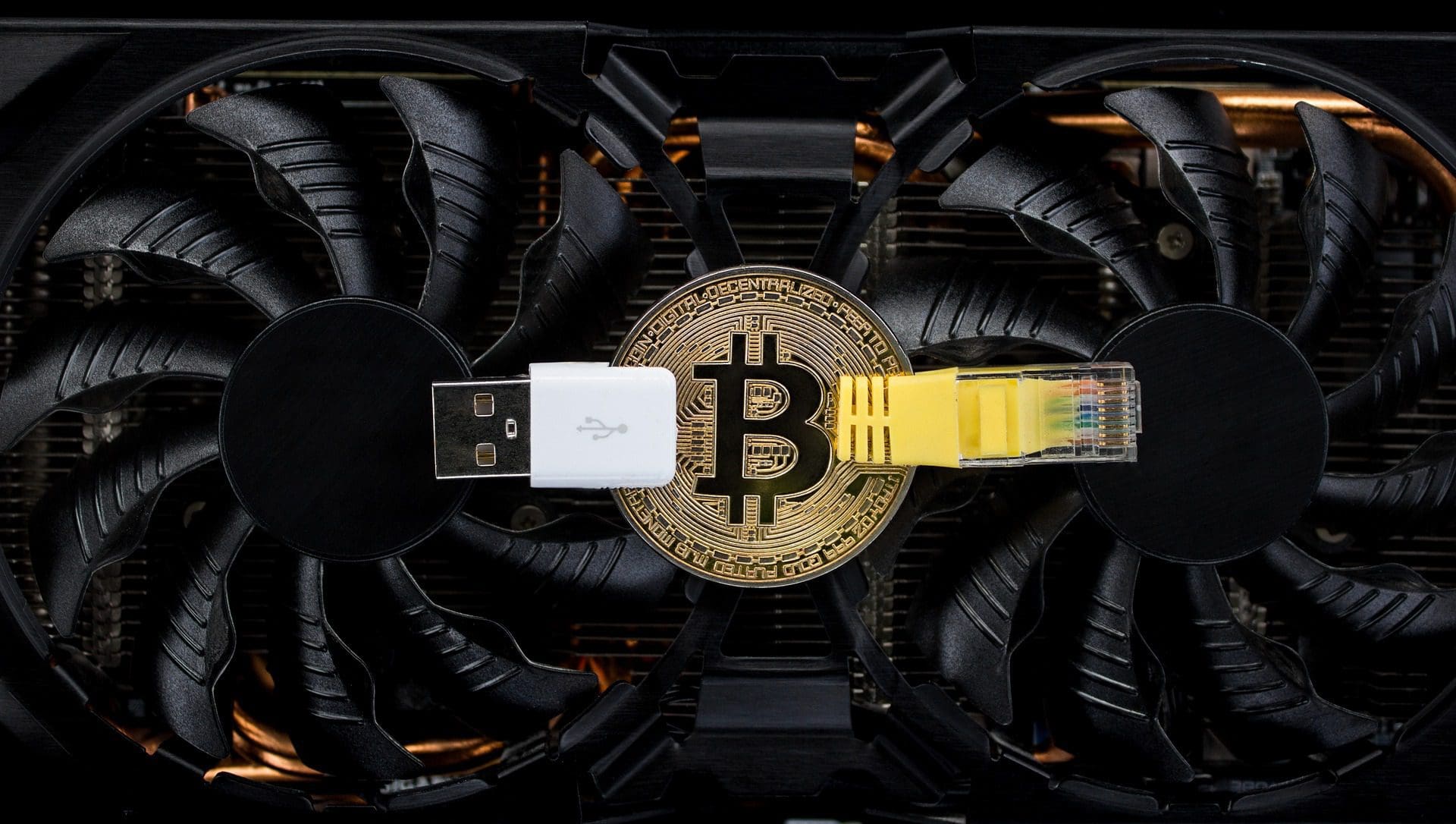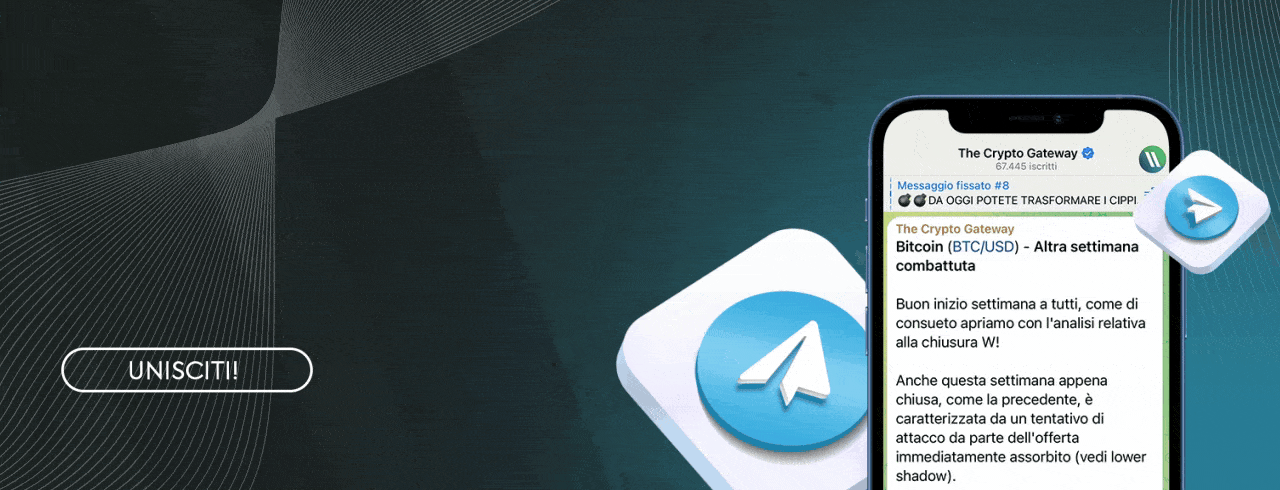Leggi questo articolo in Italiano

Bitcoin mining: the DANGERS behind the convergence with AI
By Davide Grammatica
The integration of AI components into the mining industry, according to MARA's Fred Thiel, could pose serious risks to the industry

Between mining and AI, MARA sounds the alarm
The Bitcoin mining world has long been experimenting with new development solutions through new AI technologies. A convergence judged by many as profitable for both sides, but also deemed “dangerous” by Fred Thiel, ceo of MARA (formerly Marathon Digital), as revealed in an interview with Bernstein reported by The Block.
Indeed, the mining company, a point of reference in the industry, through its ceo, warned of the risks derived from this convergence, for an “AI environment” that is increasingly taking on the features of a “bubble” ready to burst.
At risk would primarily be the smaller players, who could end up building infrastructure that does not reflect real market demand. This would result in financial difficulties, of course, and lost revenue for customers.
The benefits derived from AI to support BTC mining development, in absolute terms, according to Thiel, remain clear. But the risk of the various companies going the “extra mile” exists. And the game in the industry seems to be played precisely on this point, between those who remain “pure-play” miners and those who instead aim to adopt AI diversifiers (perhaps by becoming data center energy partners): on one side precisely MARA, on the other players such as Core Scientific, IREN and Terawulf.
The Evolution of BTC Mining
For MARA, as Thiel pointed out, it is more a matter of “consolidation and diversification”. The company pints to get to own “100 percent of its mining capacity,” achieving a lower cost to acquire bitcoin than any other competitor. In parallel, it plans to gain access to its own chip technologies through new acquisitions, and thus avoid dependence on outside suppliers.
These include the miner Auradine, with respect to which MARA has participated in two funding rounds of $81 and $80 million.


